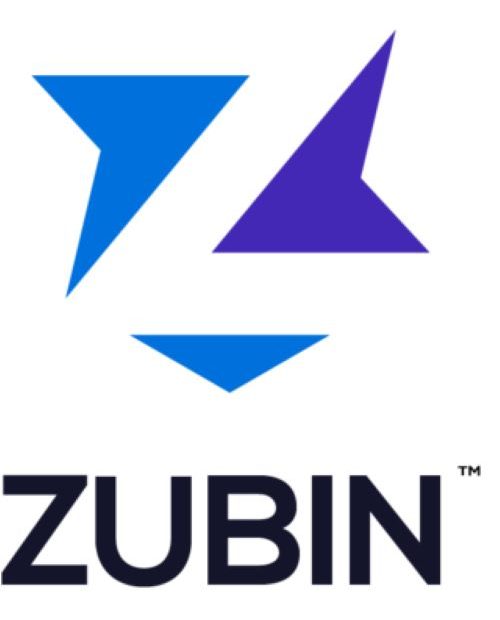Data Dynamics Unveils Zubin, AI-Powered Self-Service Data Management Software

Data Dynamics, a leader in enterprise data management solutions, today unveiled Zubin, a groundbreaking AI-powered self-service data management software. Zubin will redefine how organizations approach risk management, privacy, sovereignty, optimization, and sustainability in their data ecosystem. The launch of Zubin comes at a pivotal moment, perfectly aligned with the global emphasis on data sovereignty, ethical AI, and data privacy. Zubin champions the core principles of digital trust and data democracy, guiding organizations through the AI era with confidence and clarity. By creating a unified, seamless process, Zubin fosters accountability and coherence across the enterprise, laying the foundation for a broader vision: the empowerment of citizen data rights.
Zubin pioneers an industry-first “data democracy by design” approach, using a Do-it-Yourself self-service framework that places data ownership, control, and action directly in the hands of data and application owners. This approach embeds transparency, accountability, and responsible stewardship at the core of an organization’s data management operations. As organizations grapple with the growing influence of AI, projected to add $15.7 trillion to the global economy by 2030, the demand for data privacy is reshaping the landscape, creating both opportunities and risks. Businesses face the strategic challenge of balancing customer expectations, regulatory obligations, and the need for innovation. The challenge is intensified as 80% of enterprise data is unstructured and unmanaged, making data accuracy a monumental task for AI modelling, particularly given Large Language Model’s reliance on unstructured data.
Zubin empowers organizations to centralize data governance and decentralize data control, enabling central IT to set tailored data policies while simultaneously giving stakeholders at all levels. From the C-suite to data owners, Zubin provides every user with the ability to discover, define, act on, transform, and audit data through an intuitive, self-service, low-code interface. It brings consistency and standardization across the organization, delivering granular insights, recommending workflows, automating actions, and ensuring security and governance through role-based access control (RBAC) processes.
“In a world consumed by AI use cases and implementation, providing transparency in data management is critical for establishing digital trust between enterprises and their customers,” said Piyush Mehta, CEO of Data Dynamics. “At Data Dynamics, we approach data with the highest level of respect—ensuring that every byte is managed responsibly, and data ownership is returned to those who create it. Zubin embodies this philosophy, it fosters a culture of ownership and accountability, placing the power of data management directly in the hands of users. With Zubin, we have built something truly special—a future where visibility drives trust, trust leads to consent, consent creates empowerment, and empowerment derives value for all. This is our shared vision, and it is one that we are deeply committed to realizing with our clients and partners.”
“AI-driven businesses must ensure the security and privacy of their data to instill trust with their customers and partners and comply with data sovereignty requirements. This requires rethinking how data is harnessed and managed,” said Jennifer Glenn, Research Director, IDC. “Organizations that integrate centralized data governance with decentralized action are better able to extract value from their data, by ensuring it remains available to the right users and devices whenever needed.”
Zubin’s six key capabilities make it indispensable for modern data management: Data Privacy in AI, Risk and Access Management, Data Sovereignty, Data Owner Empowerment, Role Based Views of Your Data, and Data Management in a Hybrid Cloud. These collectively, transform how organizations handle their data, ensuring it is secure, compliant, and optimized for the diverse demands of the digital age.
Last Updated on 6 months by News Desk 1













